The classic tale of “Romeo and Juliet” is showing at Lehigh, but this time with a twist due to director Augustine Ripa’s modern focus.
Ripa has honed in on the play’s acknowledgment of senseless hate and the consequences of ignoring it, and using these themes to directly relate to racial issues seen on Lehigh’s campus.
The show opened April 10-12 and will be showing April 15-18 at 8 p.m.
“’Romeo and Juliet,’ in a highly dramatic way, shows the greatest possible cost of not having effective institutional change,” Ripa said.
He explained how the play begins with the Prince of Verona breaking up the third in a string of brawls over the course of a week between the Capulets and Montague families that had broken out in the streets.
The prince threatens the families, saying that someone will be put to death as punishment for the next brawl to disrupt the peace on his streets. But when it does happen yet again in act three, Romeo is exiled rather than put to death and nothing really becomes of the prince’s threat. In effect, the prince does nothing to change the climate of hatred in Verona. Ripa says this is similar to how unjust incidents occur today: Incidents occur every so often, and people tolerate hate rather than speaking up against it.
“Had the Prince decided there was a need for institutional change in Verona and had taken the steps to do so, six people wouldn’t have died,” Ripa said.
Alexander Stanislawksi, ’15, who is playing the role of Mercutio, said that he recognizes the meaninglessness of the violence between the two families within his own role. He said he is happy and jolly in the first three scenes, but his character becomes dark and violent in the fourth scene when he is searching for Tybalt, resulting in a senselessly escalating fight.
Ripa said that Shakespeare’s leaving out the specific reason for why the two families hate each other was an intentional method of pointing out how meaningless the violence and loss of life was.
“To think of ‘Romeo and Juliet’ only as a love story limits us to only see the pretty parts,” Ripa said. “It also serves as a cautionary tale.”
To express the play as “temporally transcendent,” as he puts it, Ripa chose to set the play in a more abstract classical time, with costumes and music with modern references. Ripa wants the audience to realize it’s not only back in Renaissance Italy, but in modern times, too, that neglecting hate can have the worst consequences.
Olivia Mobarakai, ’17, said that she had read “Romeo and Juliet” in high school but that she had never thought about the dimension of senseless hate in the play. She said after watching the play that it seemed like an obvious theme.
Racial issues on Lehigh’s campus like the vandalism of the Umoja House spurred Ripa to think about un-addressed and un-attended hatred, and racism is one form of that illegitimate hatred that he believes should not be tolerated.
As Lehigh is celebrating its sesquicentennial year, the spring theme for the different shows the Lehigh University Department of Theatre is putting on is centered around “celebrating transformations and raising voices.” Many of the plays have represented the need to raise voices to not be afraid to speak up. “Romeo and Juliet” is a play that reflects the repercussions of people not raising their voices against hatred.
Ripa said ugliness has been seen at Lehigh because of the lack of attention to the campus climate.
Becca Fryer, ’17, who is playing the role of Juliet, said that she appreciates Ripa’s choice and critical angle to which he approaches the play. She said while many may not relate to “Romeo and Juliet’s” intense romantic love, one can sadly recognize hatred and violence from what is seen in the news every day.
“It’s a play everyone has heard of and is hundreds of years old, but is still relevant to today’s times and issues,” Fryer said.

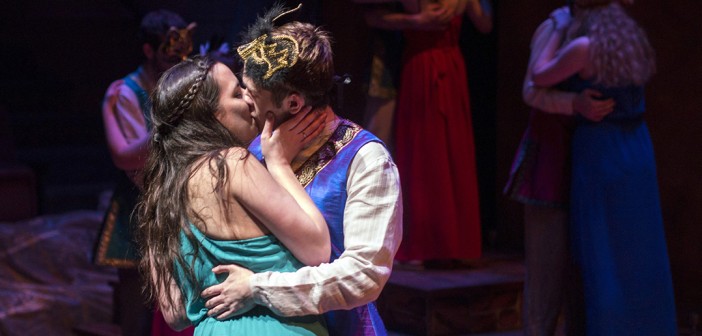
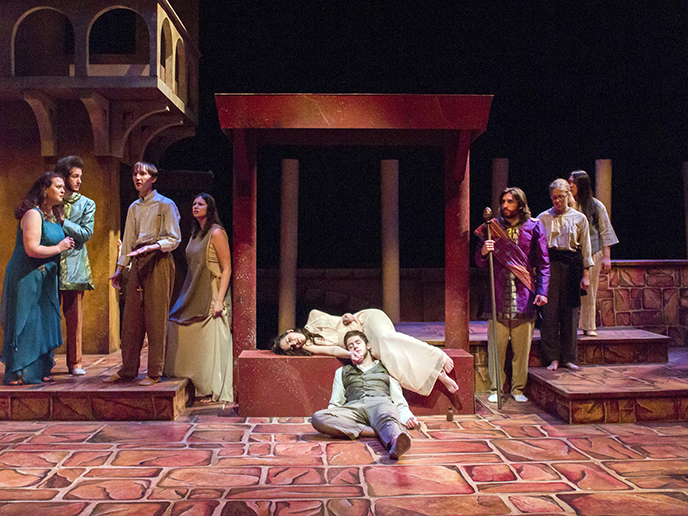
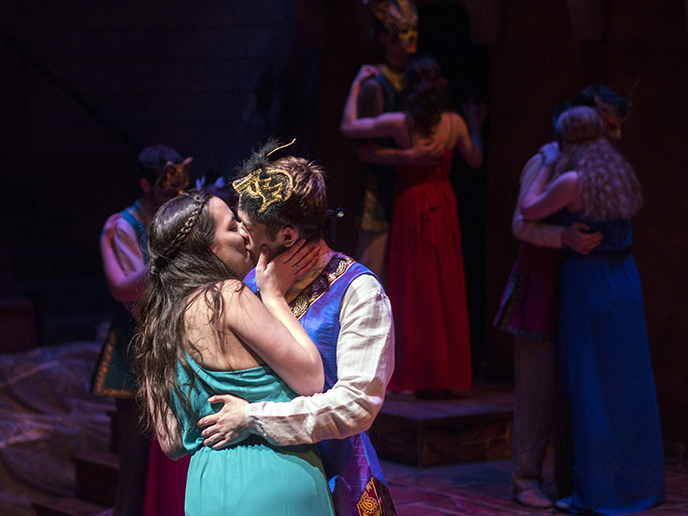
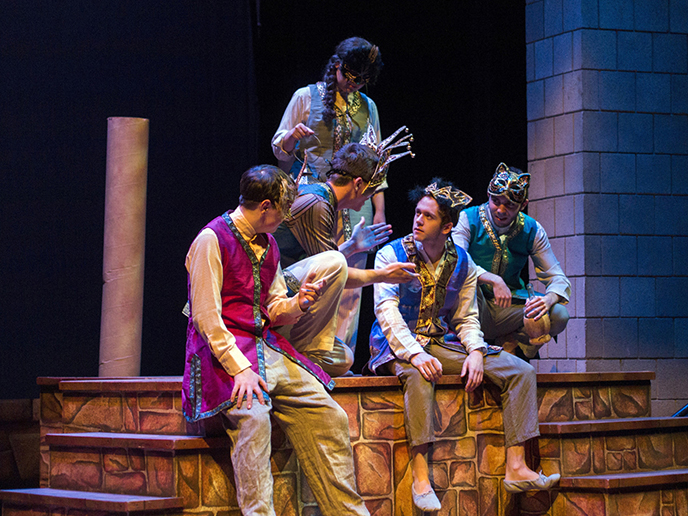
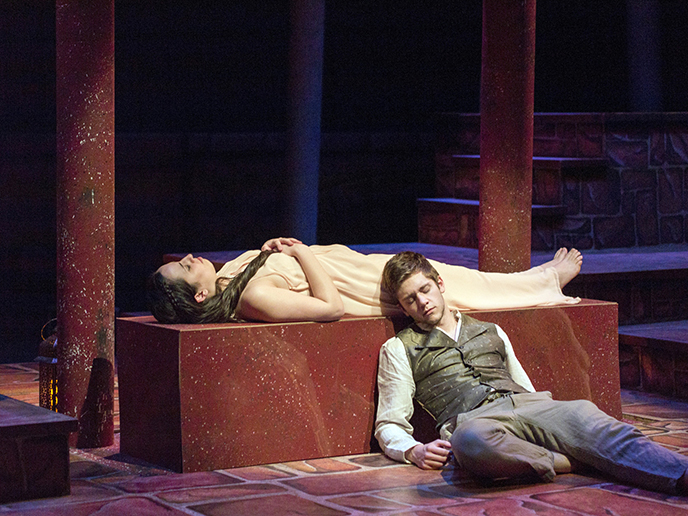
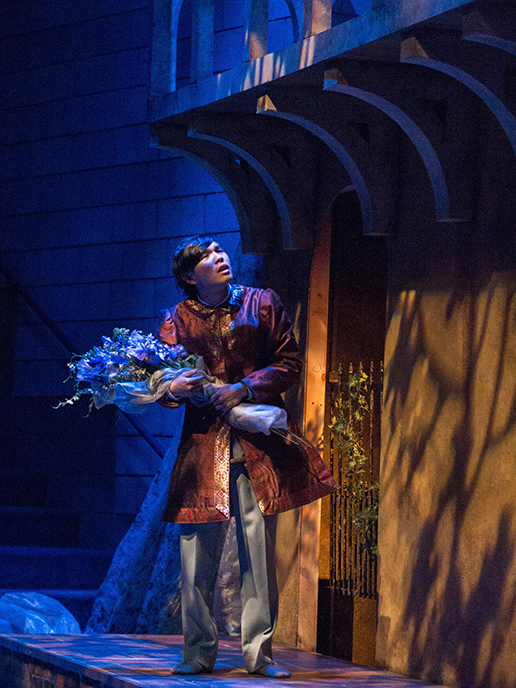
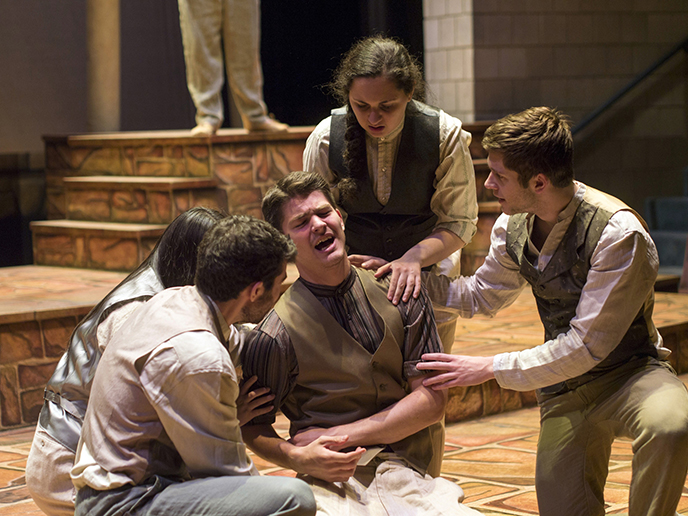
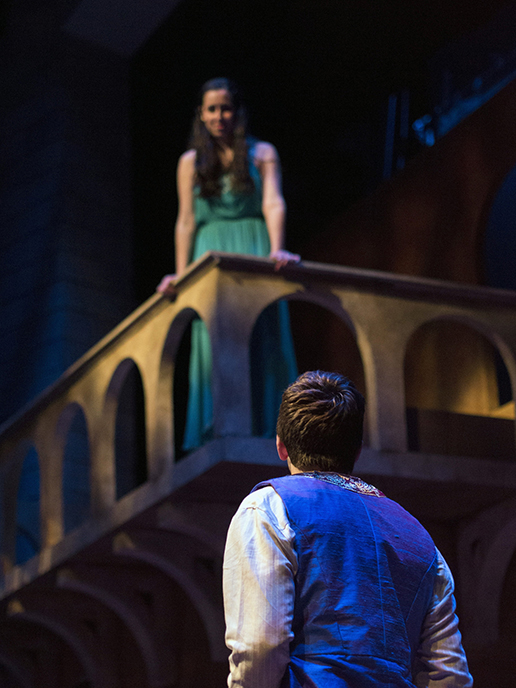
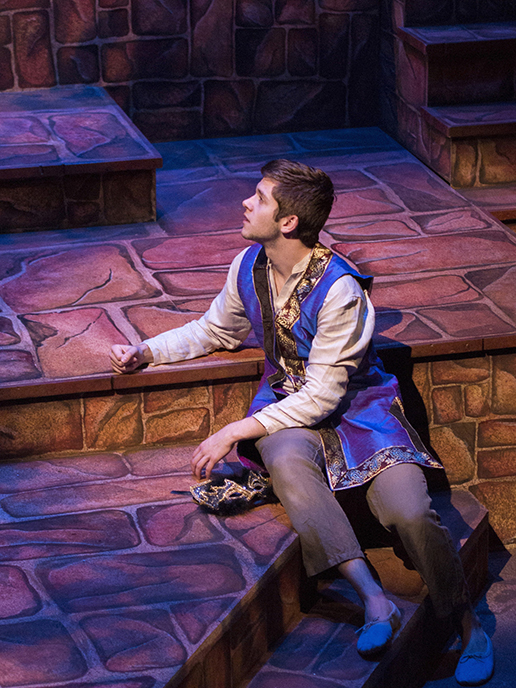




Comment policy
Comments posted to The Brown and White website are reviewed by a moderator before being approved. Incendiary speech or harassing language, including comments targeted at individuals, may be deemed unacceptable and not published. Spam and other soliciting will also be declined.
The Brown and White also reserves the right to not publish entirely anonymous comments.